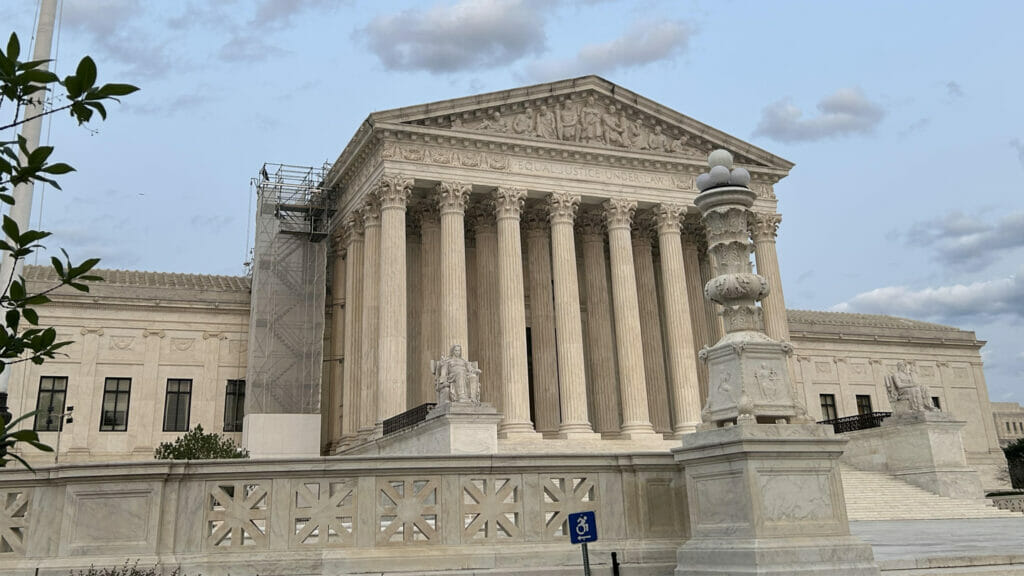
The US Supreme Court on Thursday morning ruled that nursing home residents and their survivors can sue publicly owned facilities to protect their rights under the Federal Nursing Home Reform Act.
In a 7-2 ruling, the Court upheld a lower ruling against the Health and Hospital Corporation of Marion County, which operates publicly owned nursing homes in Indiana. HHC had argued in the Talevski case that the Medicaid system’s existing oversight and discipline systems were the right avenue for aggrieved parties to seek recourse.
The ruling, experts had predicted, could have far-reaching implications for millions of people, beyond those living in nursing homes, who rely on all kinds of federal benefits managed by government partners.
The Talevski family sued HHC for alleged mistreatment of Gorgi Talevski, including concerns about the use of psychotropic medications and attempts to transfer him without permission. HHC then challenged the family’s ability to pursue those claims in court. When the 7th Circuit confirmed Talevski’s private right to sue, HHC petitioned the High Court. The case was argued last fall.
A narrow question raised in the case was whether there is a private right of action to sue county and state entities under the Nursing Home Reform Act of 1987. The majority opinion Thursday found nothing in that act that indicated “incompatibility” or a reason to preclude litigation.
Justices Clarence Thomas and Samuel Alito dissented.
For updated details and legal perspective, see SCOTUS ruling clears way for more cases, big verdicts against nursing homes.




